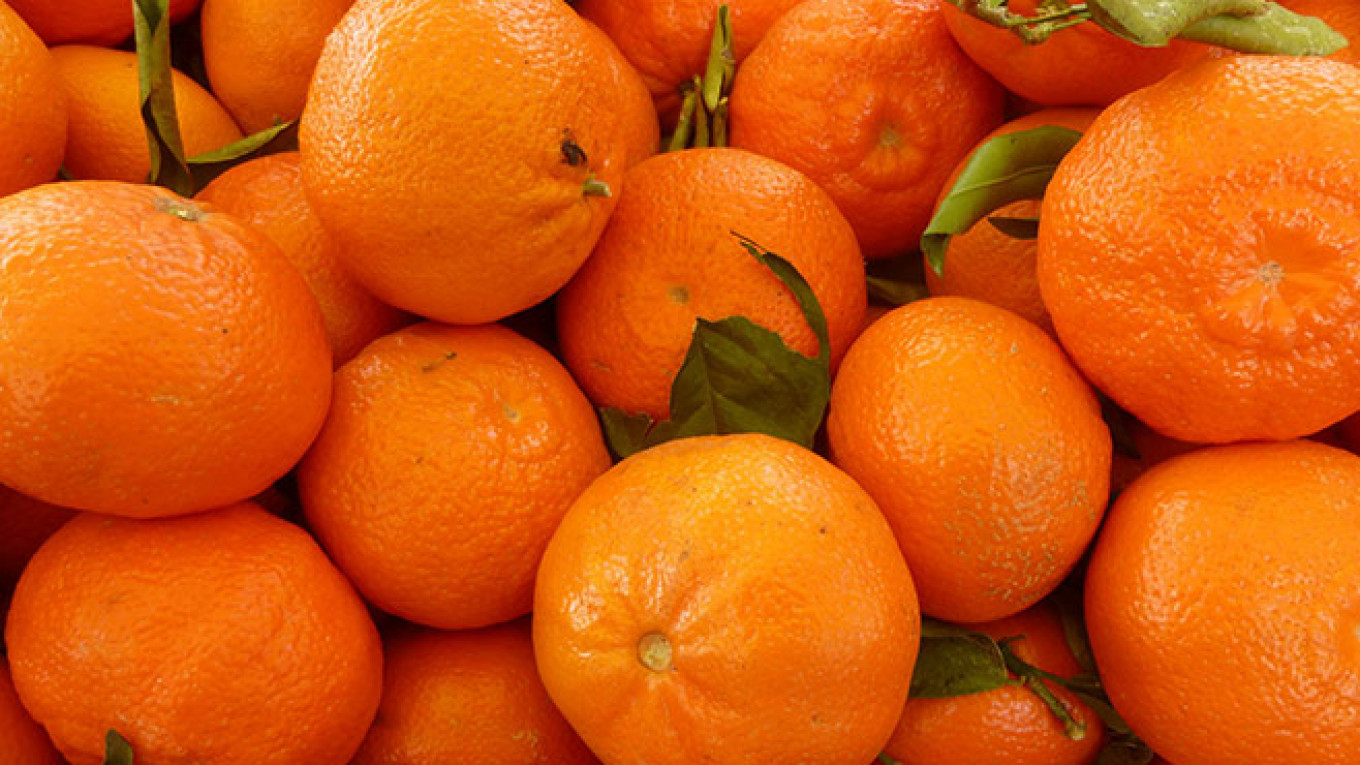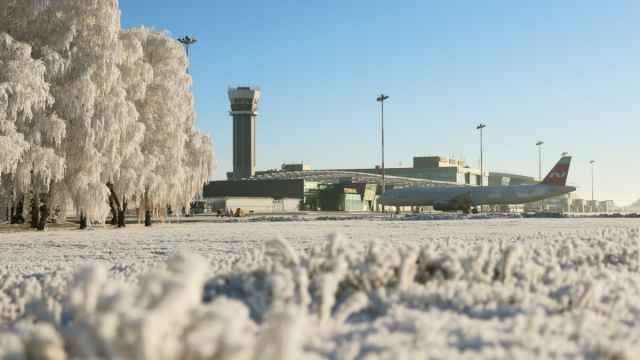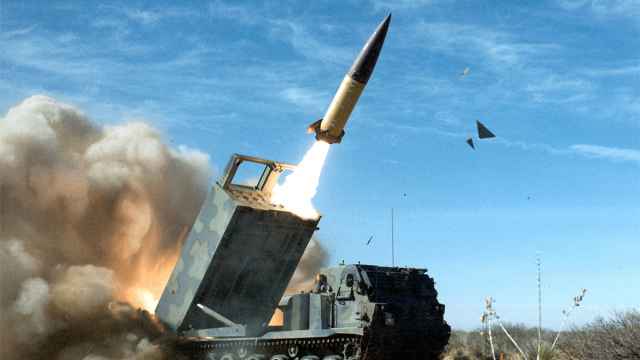Russia's agriculture watchdog has returned a 50 ton shipment of mandarin oranges to Turkey, claiming the citrus fruit was contaminated by fruit-fly larvae, the Gazeta.ru news portal reported Monday.
Inspectors detained two consignments of the oranges at a sea port in Russia's southern Krasnodar region, and found them contaminated by "live larvae of the mediterranean fruit fly," a spokesperson for the Rosselkhoznadzor agency was quoted as saying.
Moscow banned fruit and vegetable imports from Turkey as a punitive measure for the shooting down of a Russian warplane near the Turkish-Syrian border. But implementation of the restriction has been delayed until the start of 2016, as Moscow officials try to avoid grocery price hikes or shortages of Russians' traditional New Year's Eve treat — mandarin oranges.
However, ever since Russian President Vladimir Putin threatened sanctions against Ankara for the Nov. 24 downing of the Su-24 bomber, agricultural watchdog officials have been reporting contaminants and health hazards discovered in Turkish produce.
Rosselkhoznadzor inspectors recently detained a 6.65-ton shipment of tomatoes in the Russian port of Novorossiisk, claiming they were contaminated by insects of the thrips species, Gazeta.ru reported.
A Message from The Moscow Times:
Dear readers,
We are facing unprecedented challenges. Russia's Prosecutor General's Office has designated The Moscow Times as an "undesirable" organization, criminalizing our work and putting our staff at risk of prosecution. This follows our earlier unjust labeling as a "foreign agent."
These actions are direct attempts to silence independent journalism in Russia. The authorities claim our work "discredits the decisions of the Russian leadership." We see things differently: we strive to provide accurate, unbiased reporting on Russia.
We, the journalists of The Moscow Times, refuse to be silenced. But to continue our work, we need your help.
Your support, no matter how small, makes a world of difference. If you can, please support us monthly starting from just $2. It's quick to set up, and every contribution makes a significant impact.
By supporting The Moscow Times, you're defending open, independent journalism in the face of repression. Thank you for standing with us.
Remind me later.






